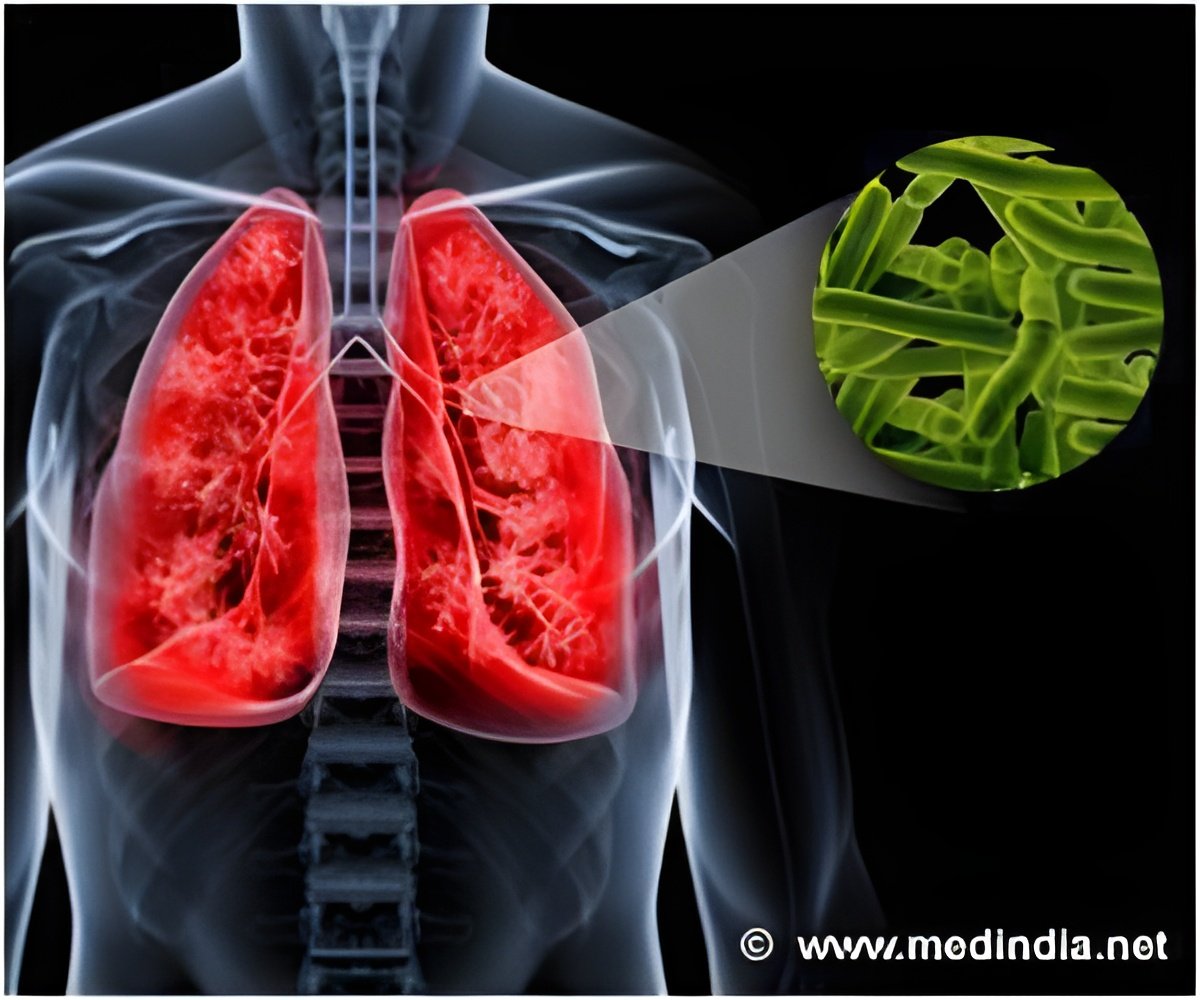Novel protein, heme oxygenase 1, could protect against tuberculosis and enable easy, quick recovery of TB infected patients.

Indian scientists and researchers from university of Florida have joined hands in unraveling the mystery the associated with a protective protein, which they believe would boost the immune system to fight against the bacteria. Furthermore, it could enable easy and quick recovery of infected patients in addition to protecting individuals against TB.
The normal physiological levels of the protective protein called heme oxygenase 1 could be reduced by alcohol consumption, according to Veena Antony, one of the researchers involved in the study. The study focuses on the link between TB and alcoholism and is being funded by the National Institutes of Health. TB and HIV infected individuals in India would be extensively studied.
Although developed countries have a relatively lower incidence of tuberculosis, increased tendency for individuals in developing countries to migrate to developed countries, more specifically United States, could spread the problem across the American soil, if unattended to.
One of the main challenges in successful treatment of TB is encouraging patients to strictly adhere to the complete course of treatment, without interruption. When the patients do not stick to their drug regime, the TB bacterium learns to outwit the TB antibiotics, making the drugs ineffective, eventually leading to resistant TB infection. When the bacterium becomes resistant to two or more drugs and is called multidrug-resistant TB or MDR-TB. The development of drug resistant strains of the bacterium and MDR-TB adds concern about effective treatment as this form of TB is much more difficult to cure.
The management of co-infection of TB and HIV/AIDS poses yet another challenge. TB is an HIV related opportunistic infection. One in three HIV-infected people worldwide are co-infected with the TB bacterium. HIV/AIDS and TB form a lethal combination and is called as the devastating pair. In today’s scenario with nearly 3 million co-infected with HIV and TB, TB is the leading cause of mortality among those with HIV infection. HIV infection converts latent TB into active transmissible TB and TB bacteria accelerate the progression of AIDS in the patient. Therefore, everyone diagnosed with TB should be tested for HIV and vice-versa.
The researchers also intend to initiate an international training program that would enable researchers in India to gain knowledge about sophisticated techniques used in combating the TB epidemic, over there. Let us hope that this collaborative research would help in laying the TB monster to rest, at least in India.











